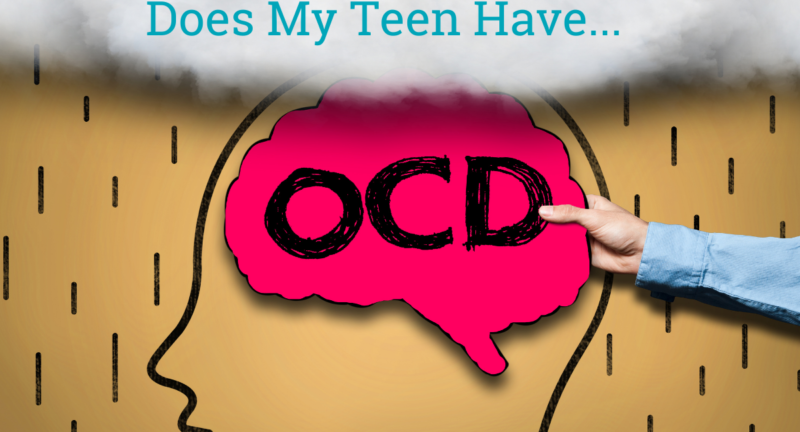
Navigating Obsessive Compulsive Disorder (OCD) in a Post-Pandemic World

Any taste we had of obsessing about germs was a fraction of the mental torment that persons with OCD experience daily.
What Is OCD?
Obsessive compulsive disorder (OCD) is a condition that affects the brain and behavior. It affects 2.2 million American adults.
OCD is often characterized by repetitive, uncontrollable, intrusive thoughts followed by ritualized behaviors.
Obsessions
Obsessions are uncontrollable thoughts, images, or impulses. They can be intrusive, repetitive, and difficult to avoid.
Even if you understands that these thoughts (or images or impulses) may be irrational, you may struggle to stop thinking about them. These thoughts run like a broken record on replay.

Compulsions
Compulsions are ritualistic behaviors that a person does to try to and stop the unwanted thoughts and to mitigate any anxiety. Compulsions and rituals vary form person to person, but some examples include:
- Washing their hands excessively.
- Feeling the need to check something multiple times.
- Cleaning something over and over again.
- Needing to complete a ritual in a certain order and if this flow is interrupted, you may feel the need to start from the beginning again.
In addition to physical rituals, some individuals with OCD may have a mental ritual. For example, a person may force himself or herself to think thoughts in a certain pattern in order to keep something bad from happening. This might sound like, “I must recite the ABC’s before I take this test so I don’t fail. If I am interrupted, I must start the ABC’s over again.”
Most people with OCD are well aware that performing repetitive actions serves only as a temporary solution. However, without a better resolution to such condition, they often regard compulsion as a much-needed escape.
You can learn more about OCD and the pandemic here:
When to Seek Help
The frequency and severity of obsessions and compulsions can vary widely over the course of your lifetime. During periods of intense stress or big life changes, you might find that your OCD symptoms are exacerbated.
When the obsessions and/or the compulsions are severe, it can impact your quality of life, generate a lot of stress, and disrupt your work and family life.
A Note from Next Step
If you or someone you know is suffering from OCD, treatment can make a big difference. To receive the best and most effective treatment for OCD cases, it’s best to seek help from mental health care professionals who are experienced in diagnosing and treating OCD.
Here at Next Step 2 Mental Health Services, we aim to provide the highest level of care, but if you don’t get help from us, please seek help from a provider near you. Life can be much more manageable with treatment.
You may call us at 502-339-2442 for an appointment or visit this page to request an appointment.
Related Posts
7 Things Teens with OCD Need to Know
Obsessive-compulsive disorder, more commonly called OCD, is a chronic mental...
Does My Teen Have OCD?
Obsessive-compulsive disorder (OCD) is one of the many anxiety...


